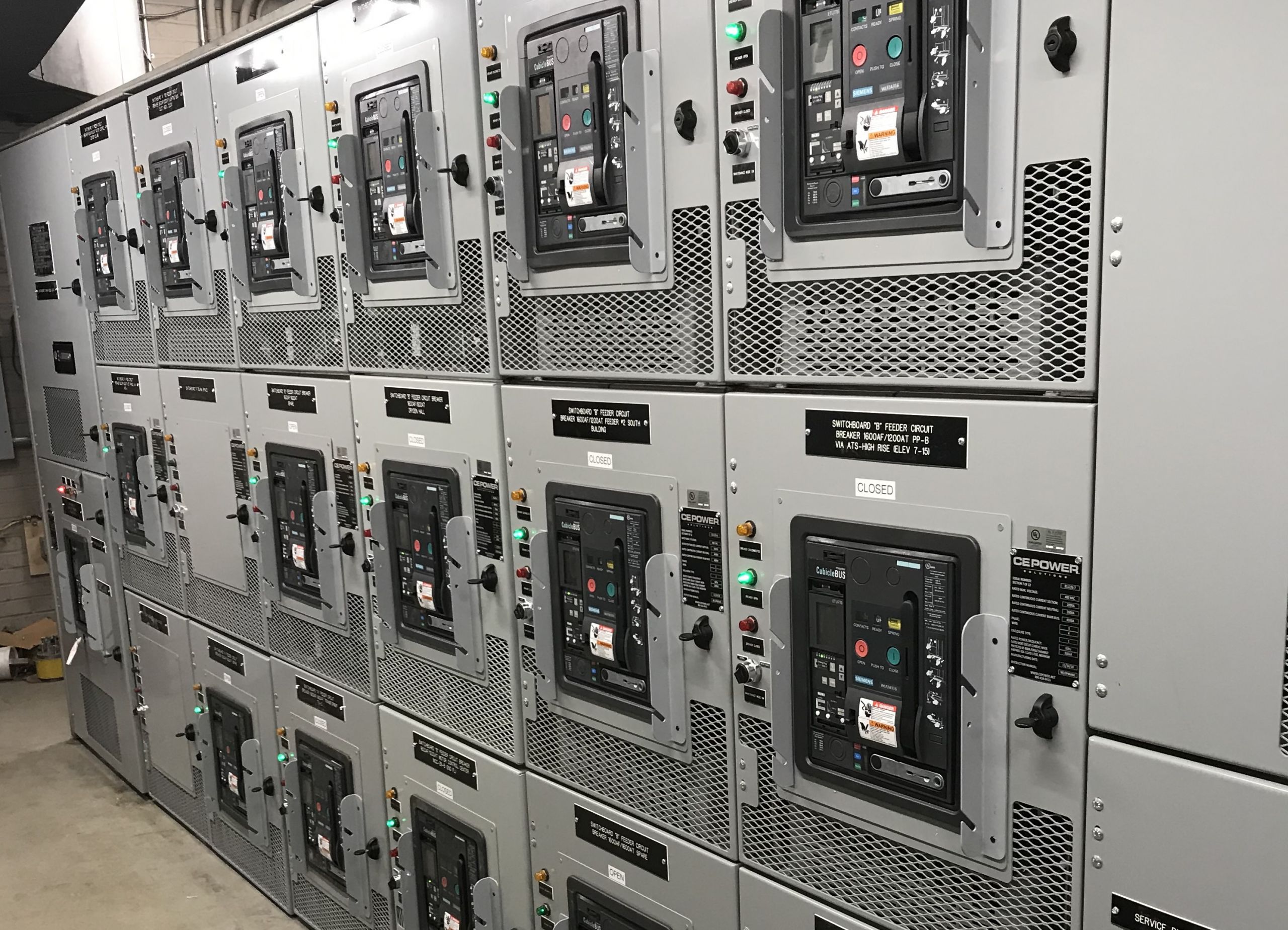Nec 220.87: Understanding Its Importance in Load Studies
Have you ever experienced a sudden power outage when you least expect it? Or perhaps your electrical circuit trips more often than you’d like? These are just a few of the many problems that can arise from electrical overloading, which can ultimately lead to fire hazards.
With the implementation of NEC 220.87, these pain points can be addressed and avoided, making it a crucial code to comply with for building owners and facilities managers.
What is NEC 220.87?
NEC (National Electric Code) 220.87 is a mandatory compliance code that requires building owners and facilities managers to conduct 30-day load studies of their electrical systems. Essentially, the code aims to prevent electrical overloading, which can lead to life-threatening hazards such as fires. NEC 220.87 was established as a criterion to not only ensure the safety of buildings but to also promote energy efficiency through the proper distribution of power.
Personal Experience with NEC 220.87
As an electrical engineer, I have witnessed firsthand the importance of complying with NEC 220.87. In one instance, a company failed to conduct a load study of its electrical system, and as a result, experienced frequent power outages. The company had to shut down its operations which led to a loss of income and productivity. With this experience in mind, I cannot stress enough the importance of adhering to compliance codes, especially when it comes to electrical safety.
The Target of NEC 220.87
As mentioned, NEC 220.87 aims to address electrical overloading and its associated hazards. Specifically, the code targets facilities managers and building owners who are responsible for conducting load studies for their electrical systems and ensuring compliance with the code. It applies to both new and existing buildings.
How Do You Comply with NEC 220.87?
In order to comply with NEC 220.87, building owners and facilities managers must conduct 30-day load studies of their electrical systems. This involves recording the electrical usage of all equipment and systems for 30 consecutive days. After recording the data, the average usage is calculated and compared to the circuit load capacity to ensure that the electrical system is not overloaded. If the study reveals overloading, corrective actions must be taken to bring the system into compliance.
Benefits of Complying with NEC 220.87
Aside from promoting electrical safety, complying with NEC 220.87 also benefits building owners and facilities managers in the following ways:
- Reduces the risk of electrical equipment damage and failure
- Increases energy efficiency and reduces energy costs
- Improves power quality and system reliability
- Allows for more effective planning of system upgrades and replacements
Misconceptions about NEC 220.87
One common misconception about NEC 220.87 is that it only applies to commercial buildings. However, the code applies to both commercial and residential buildings. Another misconception is that conducting a load study is a one-time process. In reality, load studies must be conducted every five years, or whenever there are significant changes to the electrical system.
Question & Answer
Q: What happens if a building owner or facilities manager fails to comply with NEC 220.87?
A: Failure to comply with NEC 220.87 can result in penalties and fines. Additionally, non-compliance puts occupants at risk of life-threatening hazards.
Q: Can a building owner or facilities manager conduct a load study internally?
A: Yes, a building owner or facilities manager can conduct a load study internally, but it is recommended to hire a certified professional to ensure accuracy and compliance.
Q: Does NEC 220.87 apply to low voltage systems?
A: No, NEC 220.87 specifically applies to high voltage systems.
Q: I just had a load study conducted two years ago. Do I need to conduct another one?
A: While NEC 220.87 only requires load studies every five years, it is important to conduct a new load study whenever significant changes are made to the electrical system to ensure compliance.
Conclusion of NEC 220.87
NEC 220.87 is a mandatory code established to promote electrical safety and energy efficiency by preventing electrical overloading. Complying with the code benefits building owners, facilities managers, and occupants by reducing hazards and improving electrical system performance. Therefore, it is crucial for all stakeholders to adhere to the code to ensure a safe and efficient electrical system.
Gallery
Connected Load Studies (NEC 220.87)

Photo Credit by: bing.com /
NEC 220.87 Code Compliance – 30-Day Load Studies | PMC

Photo Credit by: bing.com /
What Is NEC 240.87? - Qualus Power Services - Qualus Power Services

Photo Credit by: bing.com / nec
Recording For NEC 220 Compliance

Photo Credit by: bing.com / nec compliance
NEC 220" Diagonal 4K UHD DvLed 1.26mm Pitch Video

Photo Credit by: bing.com / nec diagonal dvled 26mm special